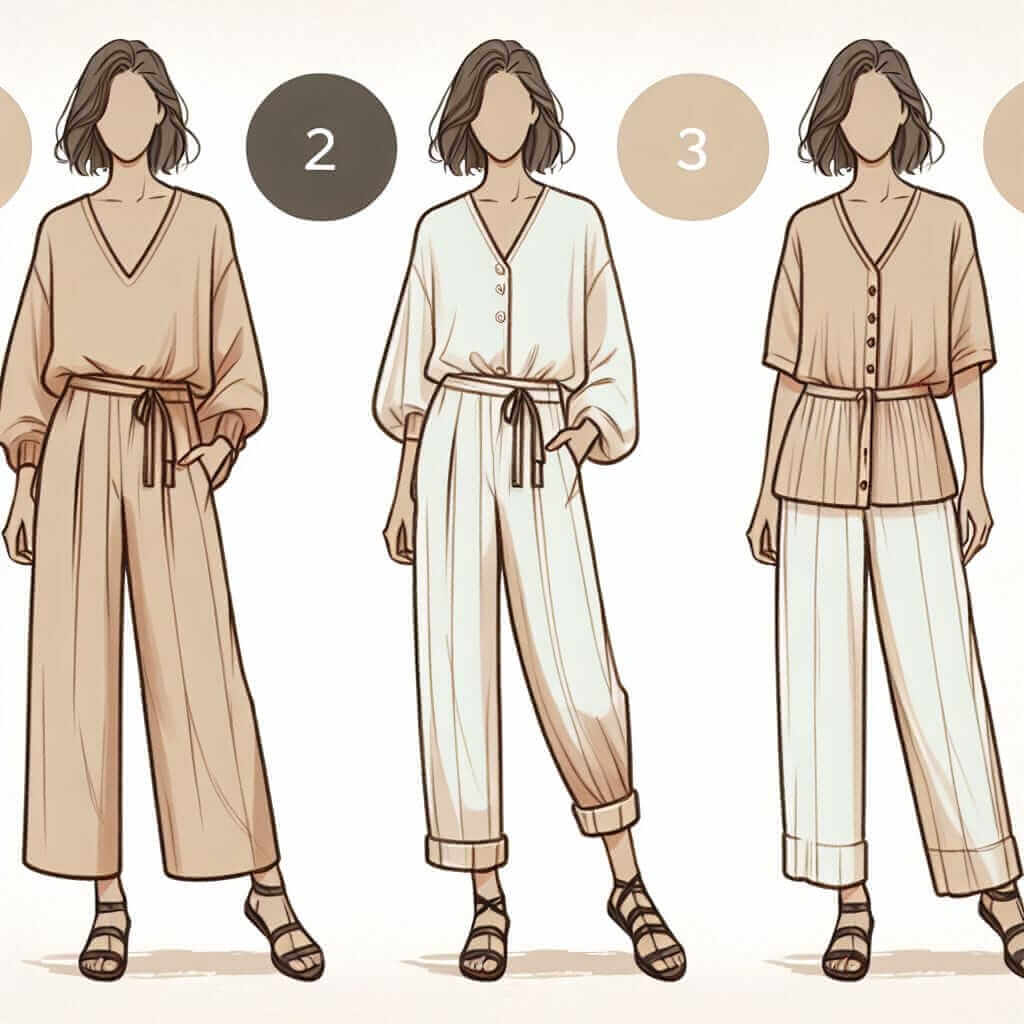As an IELTS instructor with over 20 years of experience, I often encounter students who get flustered by seemingly simple questions in the Speaking test. One such question is “What clothes do you like to wear?”. While it appears straightforward, this question offers a fantastic opportunity to showcase your vocabulary and fluency in English. Let’s delve into how you can confidently tackle this question and ace your IELTS Speaking test.
Understanding the Question’s Intent
Remember, the examiner isn’t truly interested in your fashion choices. They are evaluating your ability to:
- Communicate effectively: Can you express your preferences clearly and coherently?
- Utilize a wide range of vocabulary: Do you go beyond basic words like “good” and “nice”?
- Speak fluently and naturally: Are you able to elaborate on your ideas and keep the conversation flowing?
Crafting Your Response
Here’s a breakdown of how to structure a compelling answer:
1. State Your Preference
Begin by directly answering the question. Use varied vocabulary to describe your clothing style:
Examples:
- “I’m quite drawn to casual wear, as I value comfort and practicality.”
- “I tend to gravitate towards classic pieces – a well-tailored shirt and a pair of dark-wash jeans are my go-to.”
- “My style is fairly eclectic, but I do have a soft spot for vintage clothing – I find unique pieces with a bit of history fascinating.”
2. Elaborate and Explain
Don’t stop at stating your preference! Provide reasons behind your choices, connecting them to your personality, lifestyle, or values:
Examples:
- “Being comfortable is crucial for me, especially when I’m focusing on my studies.”
- “I appreciate timeless designs – they never go out of style and are a wise investment.”
- “I love the storytelling aspect of vintage clothing – each piece feels like it carries a unique past.”
3. Provide Examples
Illustrate your points with specific examples to add depth and interest to your response:
Examples:
- “For instance, on a typical weekend, you’ll find me in a cozy sweater and a pair of comfortable leggings.”
- “One of my most treasured possessions is a vintage leather jacket passed down from my grandfather – it’s incredibly well-made and has a beautiful patina.”

Sample IELTS Speaking Response
Examiner: What clothes do you like to wear?
Candidate: Well, I’m quite drawn to a minimalist style. I appreciate simple, well-made clothes in neutral colors like black, white, and gray. I find that having a capsule wardrobe of versatile pieces makes getting dressed each morning effortless. Plus, I believe that less is more when it comes to fashion – a few high-quality items can take you a long way. For instance, I recently invested in a beautifully tailored blazer that I can wear for both formal occasions and casual outings.
Tips for Success:
- Practice, practice, practice! The more you practice talking about your clothing preferences, the more natural and fluent you will sound.
- Expand your vocabulary. Use a thesaurus to find synonyms for common words related to clothing and style.
- Record yourself speaking. This will help you identify areas where you can improve your pronunciation and fluency.
- Don’t be afraid to be yourself. The examiner wants to hear about your genuine preferences, not some fabricated response.
Remember, confidence is key! Approach the IELTS Speaking test with a positive mindset and showcase your English language skills with clarity and enthusiasm. Good luck!